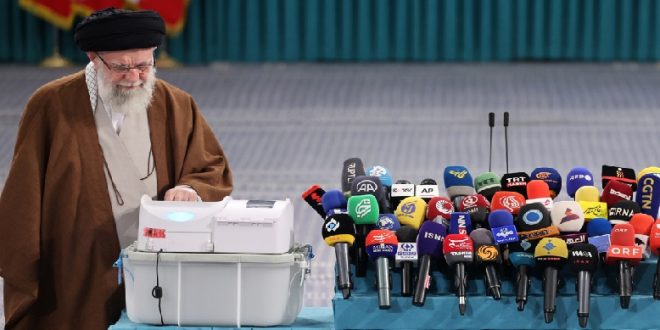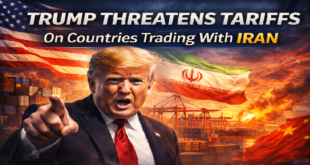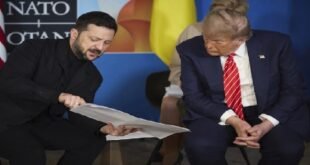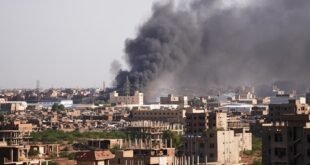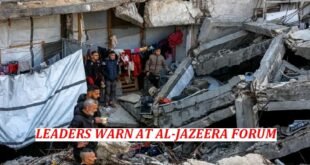11-05-2024
TEHRAN: Iranians are voting in a run-off for the remaining seats in Parliament after conservative candidates dominated the elections in March.
Shortly after polling stations opened on Friday, state TV showed Supreme Leader Ayatollah Ali Khamenei casting his vote.
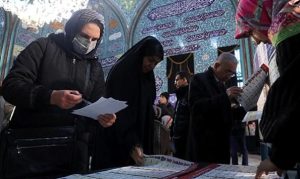 Khamenei, who has the final say in important matters of state, urged people to head to polling stations as voter apathy remains high since the last parliamentary elections in 2020 in an indication of widespread discontent.
Khamenei, who has the final say in important matters of state, urged people to head to polling stations as voter apathy remains high since the last parliamentary elections in 2020 in an indication of widespread discontent.
The 290-member legislature, however, plays a secondary role in governing the country.
The outcome of Friday’s voting will not affect the final shape of the Parliament, which is controlled predominantly by hardliners.
In March, conservatives won 200 of 245 seats, with more moderate candidates taking the other 45.
On Friday, voters in 22 constituencies across the country will elect 45 representatives from a pool of 90 candidates, 15 of whom are considered moderate.
In the capital, Tehran, 16 representatives will be chosen from 32 candidates, all of them hardliners sympathetic to Khamenei and President Ebrahim Raisi.
Twenty-five million ballots were cast in March, with a turnout of 41 percent, the lowest participation since the 1979 Islamic Revolution.
The previous lowest turnout was 42 percent in the 2020 parliamentary elections.
While elections in previous decades regularly saw turnouts of more than 60 percent or even 70 percent, only 48 percent of the electorate cast their ballots in the 2021 presidential polls.
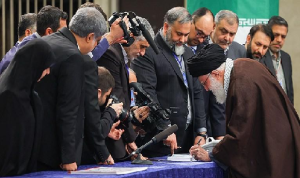 This year’s elections are the first since nationwide protests broke out in 2022 over the death of Mahsa Amini, who died while in the custody of Iran’s so-called morality police.
This year’s elections are the first since nationwide protests broke out in 2022 over the death of Mahsa Amini, who died while in the custody of Iran’s so-called morality police.
The authorities responded to the demonstrations with a violent crackdown and mass detentions, international human rights groups said.
Many moderate and reformist candidates are barred from contesting and the elections are taking place as the country continues to reel from crippling sanctions and a currency crisis.
Voting on Friday follows increasing tensions between Iran and Israel. In April, Iran launched about 300 missiles and drones at Israel after a suspected Israeli strike on Iran’s embassy compound in the Syrian capital, Damascus.
Final results are expected on Monday, although counts in smaller constituencies are likely before that.
A range of conservative candidates have swept the parliamentary and religious assembly elections in Iran as the country faces political and economic challenges.
Final vote counting is under way after millions went to the polls on Friday to select 290 lawmakers and 88 members of the Assembly of Experts, a body tasked with choosing the supreme leader made up entirely of Islamic scholars.
Official preliminary results from Tehran on Saturday indicate that ultraconservatives Mahmoud Nabavian and Hamid Resaee have topped the list of 30 representatives, followed by 35-year-old state television host turned first-time lawmaker, Amir Hossein Sabeti.
Parliament chief Mohammad Bagher Ghalibaf finished fourth, and only a handful of his sponsored candidates ascended. Longtime lawmaker Mojtaba Zonnour grabbed a seat in the holy Shia city of Qom.
Few reformist or moderate voices managed to secure entry into parliament, marking the second parliamentary election in which they were largely absent. (Int’l News Desk)
 Pressmediaofindia
Pressmediaofindia
